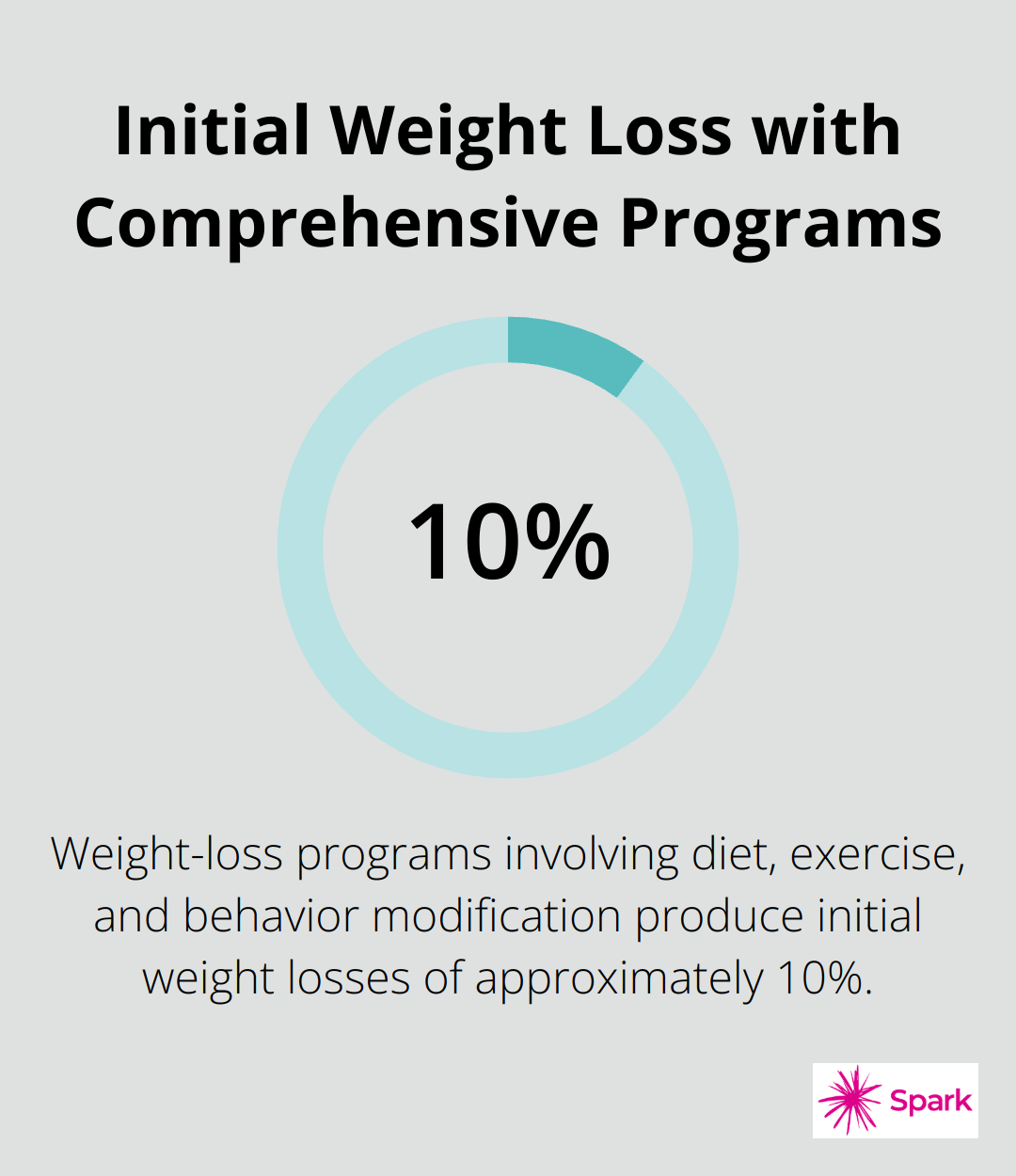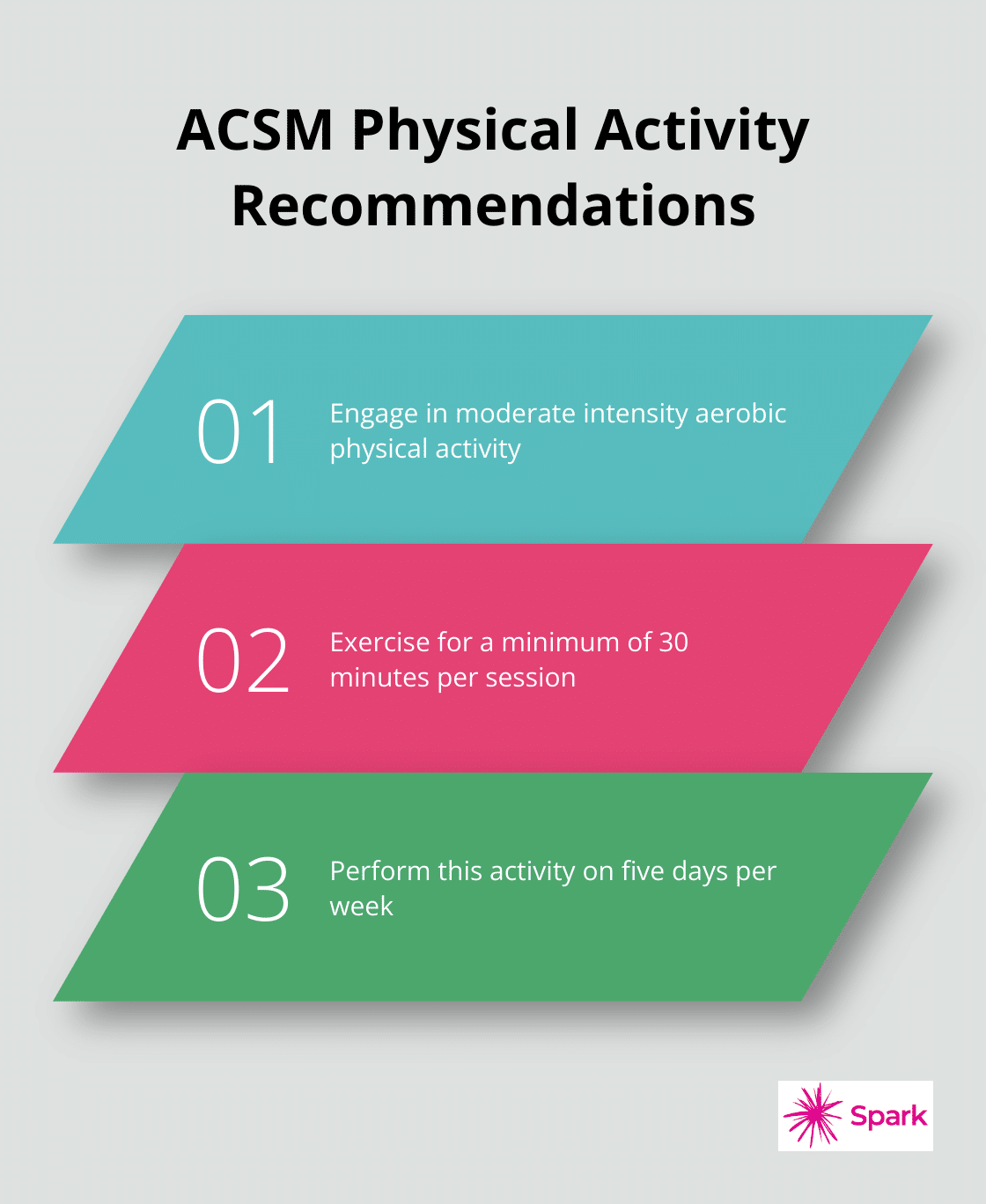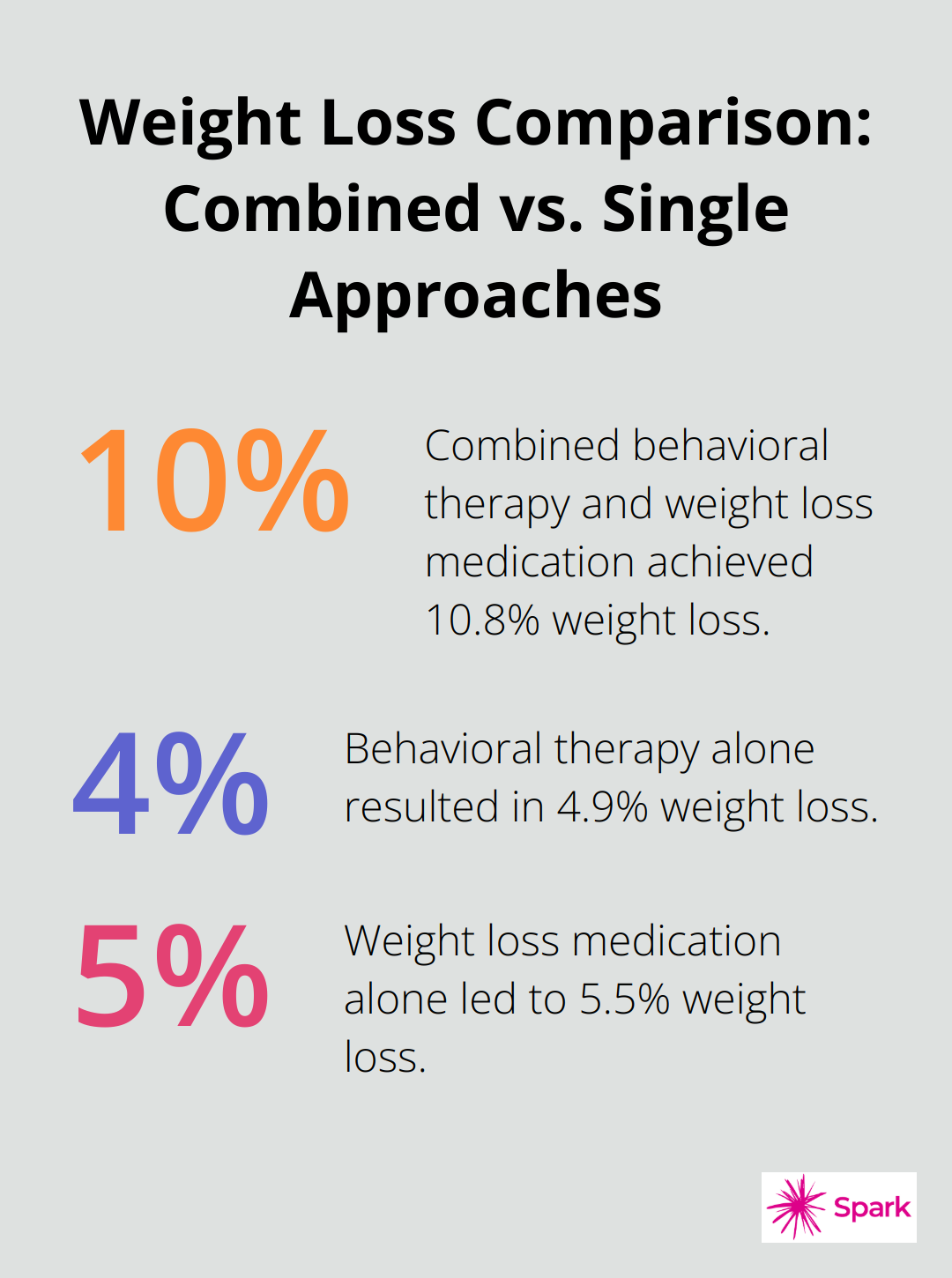Choosing the right weight reduction therapy can be overwhelming. With numerous options available, it’s crucial to find a method that aligns with your health needs and lifestyle.
At Spark Healthcare, we understand the importance of personalized approaches to weight loss. This guide will help you navigate the world of weight reduction therapies and make an informed decision for your health journey.
What Is Weight Reduction Therapy?
Definition and Purpose
Weight reduction therapy is a structured approach to lose excess body weight and improve overall health. It focuses on creating sustainable lifestyle changes that lead to long-term weight management.
Types of Weight Reduction Therapies
There’s no one-size-fits-all solution for weight loss. Different therapies work for different people. Some common approaches include:
- Dietary modifications: This involves changing eating habits and food choices. It might mean reducing calorie intake, adjusting macronutrient ratios, or following specific diet plans (such as low-carb or Mediterranean diets).
- Exercise programs: Regular physical activity is essential for weight loss and overall health. This can range from cardio exercises to strength training, tailored to individual fitness levels and preferences.
- Behavioral therapy: This focuses on changing thought patterns and behaviors related to food and eating. It often includes strategies like mindful eating, stress management, and addressing emotional eating.
- Medication: In some cases, healthcare providers prescribe FDA-approved weight loss medications. These can help suppress appetite or reduce fat absorption.
- Surgical interventions: For those with severe obesity, bariatric surgery might be an option. This includes procedures like gastric bypass or sleeve gastrectomy.
The Importance of Professional Guidance
Professional guidance is invaluable in weight reduction therapy. Here’s why:
- Personalized approach: Healthcare professionals can create personalized plans based on each patient’s unique needs.
- Medical oversight: Weight loss can impact existing health conditions or medications. Professional monitoring ensures safety throughout the process.
- Accountability and support: Regular check-ins with a healthcare provider can keep you motivated and on track.
- Evidence-based strategies: Professionals stay updated on the latest research and can provide scientifically-backed advice.
- Addressing underlying issues: Sometimes, weight gain is a symptom of other health problems. Professionals can identify and address these root causes.
A study published in the New England Journal of Medicine found that weight-loss programs involving diet, exercise, and behavior modification produce initial weight losses of approximately 10%.

As we move forward, it’s important to consider various factors when choosing the right weight reduction therapy for your individual needs and circumstances.
Choosing the Right Weight Loss Approach
Assess Your Health Profile
Selecting an effective weight reduction therapy requires careful consideration of several key factors. A comprehensive understanding of your current health status is essential. This involves more than just weighing yourself. A thorough medical evaluation, including blood tests, can reveal underlying conditions that may affect your weight loss efforts or require special attention.
Thyroid disorders can significantly impact metabolism and weight. A study found that the prevalence of hypothyroidism was 9.1% and 0.8% for hyperthyroidism in adults. Thyroid disorders are a major cause of metabolic dysfunction and can affect weight management. Similarly, conditions like polycystic ovary syndrome (PCOS) or insulin resistance can make weight loss more challenging and may require specific approaches.
Your medical history also plays a vital role. Previous attempts at weight loss, any weight-related health issues, and family history of obesity or related conditions should all be taken into account. This information helps healthcare providers tailor a weight reduction therapy that addresses your specific needs and potential challenges.
Set Realistic Goals and Timelines
Weight loss goals should be both ambitious and achievable. A healthy eating plan and regular physical activity help you lose weight and keep it off over the long term.
It’s important to note that weight loss isn’t always linear. A study in the International Journal of Obesity showed that weight loss often occurs in stages, with periods of rapid loss followed by plateaus. Understanding this can help manage expectations and prevent discouragement.
Your timeline should also align with your overall health goals. Are you trying to lose weight for an upcoming event, or is this a long-term lifestyle change? The answer to this question can significantly influence the type of weight reduction therapy you choose.
Align with Your Lifestyle
The most effective weight loss approach is one that you can maintain long-term. This means considering your daily routine, food preferences, and exercise habits when choosing a weight reduction therapy.
For example, if you have a busy schedule with little time for meal preparation, a program that requires extensive cooking might not be sustainable for you. Similarly, if you enjoy social eating, a very restrictive diet could lead to feelings of deprivation and eventual abandonment of the program.
Exercise is another important component. ACSM recommends that all healthy adults aged 18-65 years should participate in moderate intensity aerobic physical activity for a minimum of 30 minutes on five days per week. However, the type of exercise matters too. If you dislike running, a weight loss program centered around marathon training is unlikely to be successful for you in the long run.

Consider Financial Aspects
Weight reduction therapies can vary widely in cost. Some, like basic dietary changes and increased physical activity, may have minimal direct costs. Others, such as structured programs or medical interventions, can be more expensive.
It’s important to consider not just the upfront costs, but also ongoing expenses. This might include gym memberships, special foods, supplements, or regular check-ins with healthcare providers.
Insurance coverage can significantly impact your options. Many insurance plans now cover obesity treatments (including counseling and certain medications). However, coverage varies widely, so it’s essential to check with your insurance provider about specific benefits.
A study in the American Journal of Preventive Medicine found that comprehensive weight loss programs that included both diet and exercise components were most cost-effective in the long run, despite higher initial costs.
The most effective weight reduction therapy addresses your unique health needs, aligns with your lifestyle and preferences, and fits within your budget. Now that we’ve explored these key factors, let’s examine some popular weight reduction therapy options in more detail.
Effective Weight Loss Therapies
Behavioral Therapy and Lifestyle Changes
Behavioral therapy forms the cornerstone of successful weight loss. This approach modifies eating habits, increases physical activity, and addresses psychological factors that contribute to weight gain. Cognitive behavioral therapy is an effective tool for weight maintenance over a 24-week period in successful weight losers.
Key components of behavioral therapy include:
- Self-monitoring: Food and activity logs
- Stimulus control: Identification and modification of overeating triggers
- Stress management: Techniques to cope with stress without food
- Cognitive restructuring: Changes in negative thought patterns about weight and body image
Lifestyle interventions often accompany behavioral therapy. These may include structured meal plans, guided exercise programs, and regular check-ins with healthcare providers. The Look AHEAD study demonstrated that intensive lifestyle interventions led to significant weight loss, with average weight losses of 8.6% achieved at one year.
Prescription Weight Loss Medications
For some individuals, prescription medications effectively complement lifestyle changes. These medications work differently – some suppress appetite, while others alter how the body absorbs fat.
FDA-approved weight loss medications include:
- Phentermine-topiramate (Qsymia): This combination medication leads to an average weight loss of 6.7% of body weight after one year.
- Liraglutide (Saxenda): Clinical trials showed 63% of participants lost at least 5% of their body weight after a year of treatment.
- Orlistat (Xenical): This medication blocks fat absorption in the intestines and helps users lose 5-10% of their body weight.
These medications are not magic pills. They work best when combined with diet and exercise, and they may have side effects. Always consult with a healthcare provider to determine if medication suits your situation.
Surgical Options for Severe Obesity
For individuals with severe obesity (BMI ≥ 40, or ≥ 35 with obesity-related health conditions), bariatric surgery might be considered. These procedures physically restrict the amount of food the stomach can hold or alter the digestive process.
Common bariatric surgeries include:
- Gastric bypass: This procedure leads to 60-80% excess weight loss within the first year.
- Sleeve gastrectomy: Patients typically lose 50-60% of their excess weight within two years.
- Adjustable gastric banding: This reversible procedure results in about 40-50% excess weight loss over three years.
While these surgeries can produce dramatic results, they also carry risks and require significant lifestyle changes. A recent study showed significant increases in annual bariatric procedure rates from 2.29 to 4.62 per 100,000 patients from 2010 to 2017.
Combination Therapies
Many healthcare providers recommend a combination of therapies for comprehensive treatment. This approach might include behavioral therapy, medication, and lifestyle changes tailored to individual needs. The synergistic effect of multiple interventions often yields better results than any single approach.
For instance, a study published in the New England Journal of Medicine found that combining behavioral therapy with weight loss medication resulted in greater weight loss (10.8% of initial weight) compared to behavioral therapy alone (4.9%) or medication alone (5.5%).

Final Thoughts
Selecting an effective weight reduction therapy requires a personalized approach. Your health status, goals, lifestyle, and financial situation all influence the most suitable method for you. A combination of behavioral therapy, lifestyle changes, and medical interventions often yields the best results.
We at Spark Healthcare recognize the complex relationship between mental well-being and weight management. Many patients find that addressing underlying mental health issues positively impacts their weight loss journey. Professional guidance plays a vital role in navigating the various options and creating a tailored plan aligned with your health objectives.
For those seeking mental health support as part of their wellness journey, Spark Mental Health offers personalized telepsychiatry services. Our team provides compassionate care for a range of mental health conditions, which can intersect with weight management challenges. Your unique weight loss journey deserves professional support and guidance to achieve sustainable results.






